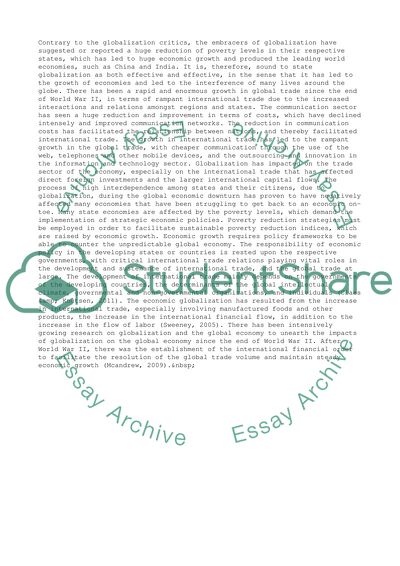Cite this document
(“Governing global business Essay Example | Topics and Well Written Essays - 1750 words”, n.d.)
Governing global business Essay Example | Topics and Well Written Essays - 1750 words. Retrieved from https://studentshare.org/business/1488468-governing-global-business
Governing global business Essay Example | Topics and Well Written Essays - 1750 words. Retrieved from https://studentshare.org/business/1488468-governing-global-business
(Governing Global Business Essay Example | Topics and Well Written Essays - 1750 Words)
Governing Global Business Essay Example | Topics and Well Written Essays - 1750 Words. https://studentshare.org/business/1488468-governing-global-business.
Governing Global Business Essay Example | Topics and Well Written Essays - 1750 Words. https://studentshare.org/business/1488468-governing-global-business.
“Governing Global Business Essay Example | Topics and Well Written Essays - 1750 Words”, n.d. https://studentshare.org/business/1488468-governing-global-business.


